10 Healthy Japanese Breakfast Dishes That Promote Longevity
The traditional Japanese breakfast is centered around rice, miso soup, fish, pickled vegetables, and green tea. While it may seem simple, this combination of dishes supplies a powerful mix of nutrients to start the day right and contribute to Japan’s long life expectancy.
Let’s explore 10 key healthy Japanese breakfast items that help Japanese people live so well for so long.
1 Miso Soup
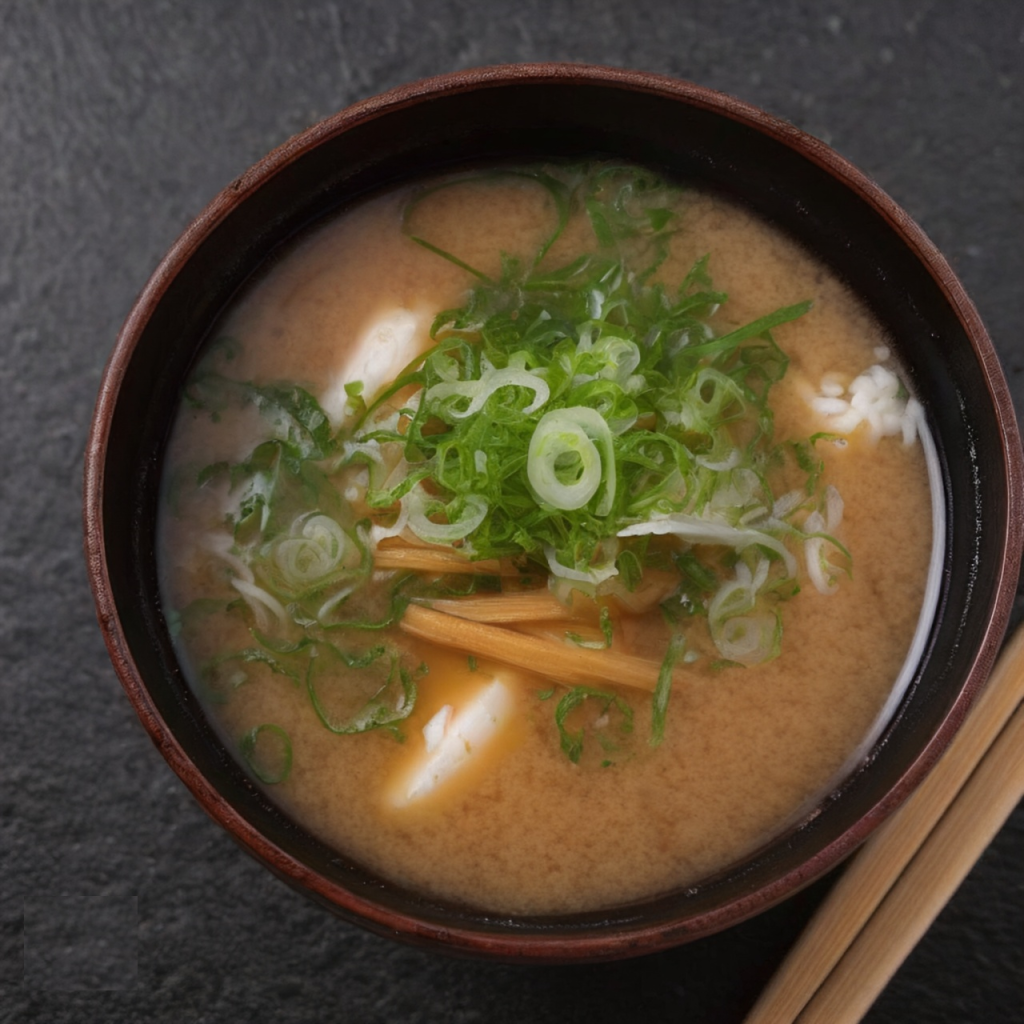
This savory soup made from fermented soybean paste is low in calories but packed with probiotics, protein, and antioxidants. The probiotics aid digestion, the protein keeps you full, and the antioxidants prevent cell damage. Miso soup’s inventor, a Buddhist monk named Kakushin, may have drank this elixir of life daily and lived to the ripe old age of 95 back in the 1300s.
2 Tamagoyaki (Rolled Omelette)

Light and fluffy egg rolls made with dashi stock, soy sauce, and mirin. An excellent source of protein to start the day. These sweet custardy rolls were a favorite of famous Japanese poet Basho who walked thousands of miles late into his life, with tamagoyaki providing lasting energy.
3 Salted Grilled Salmon
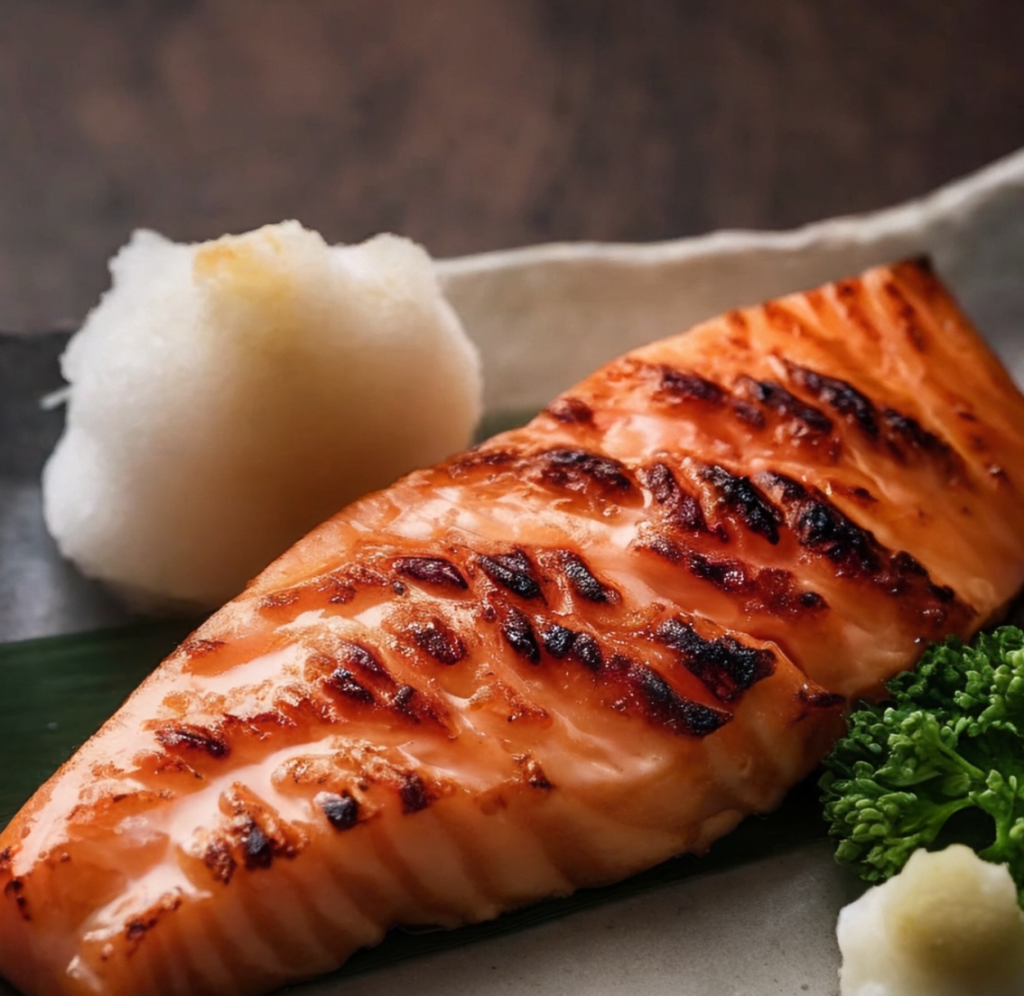
Loaded with heart-healthy omega-3 fatty acids from fish and protein to keep you full. Salmon was introduced to Japan by Norwegian traders in the 1980s and quickly became a breakfast favorite. Even sumo wrestlers eat this fish to get lean and strong while meeting traditional Japanese flavor profiles.
4 Tofu (Yudofu)
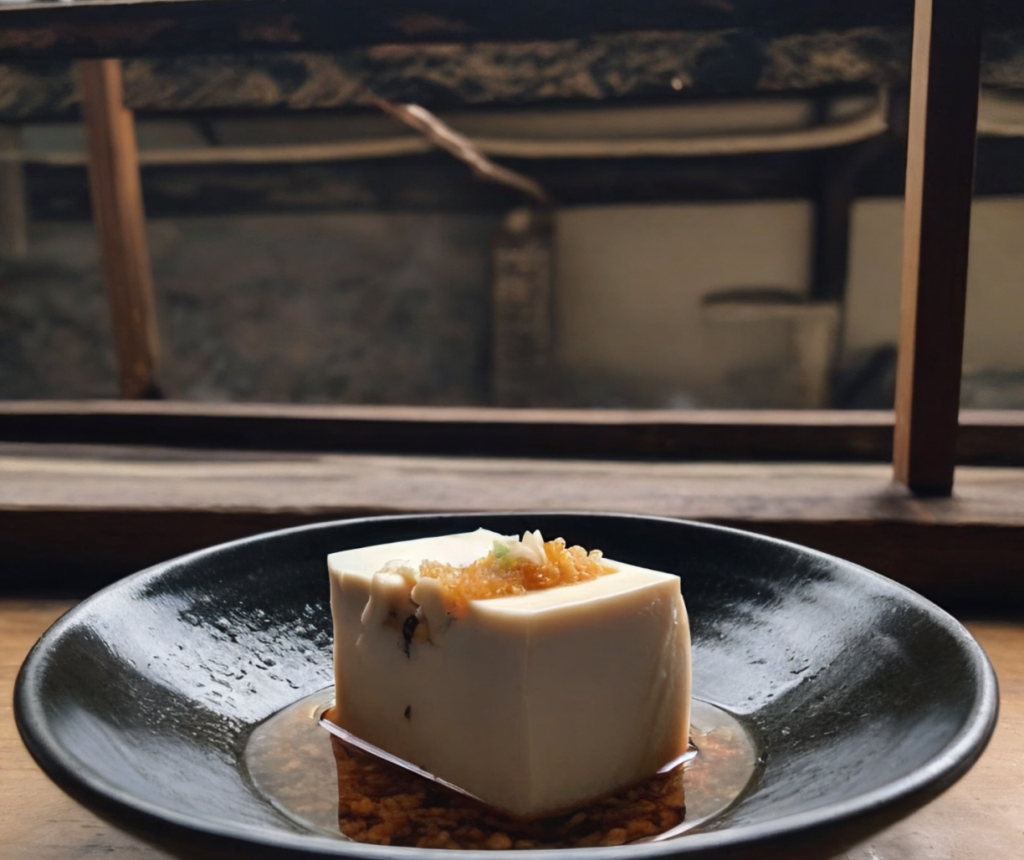
Soft tofu steeped in a mild dashi and soy sauce broth makes a warm, comforting breakfast. Tofu is filled with plant-based protein. This food was first introduced by Chinese Buddhist monks in 700 AD and soon spread across Japan as it was accepted and even eaten by priests.
5 Natto
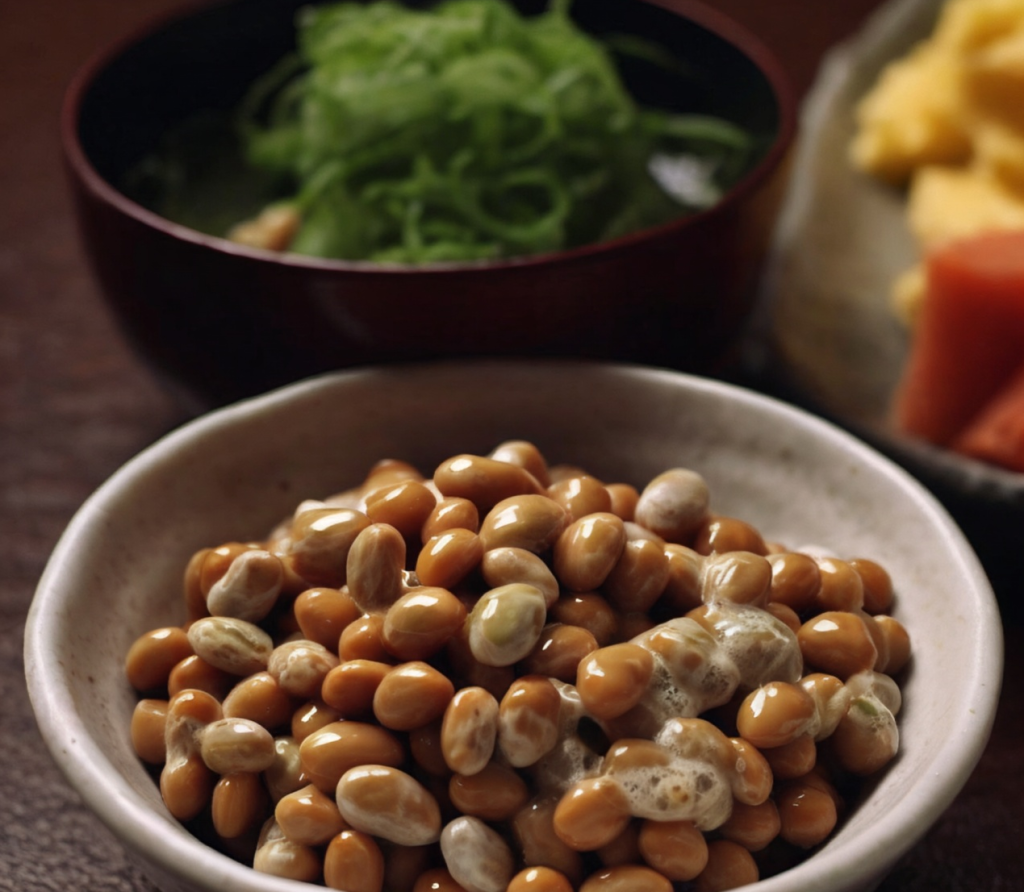
These sticky, smelly fermented soybeans are an acquired taste but contain vitamin K2 needed for bone and heart health. Though natto smells unpleasant to many Western noses, the Japanese have eaten it since feudal era samurai ate it for strength training. The slime comes from the fermentation which makes the vitamin K2 more available.
6 Rice
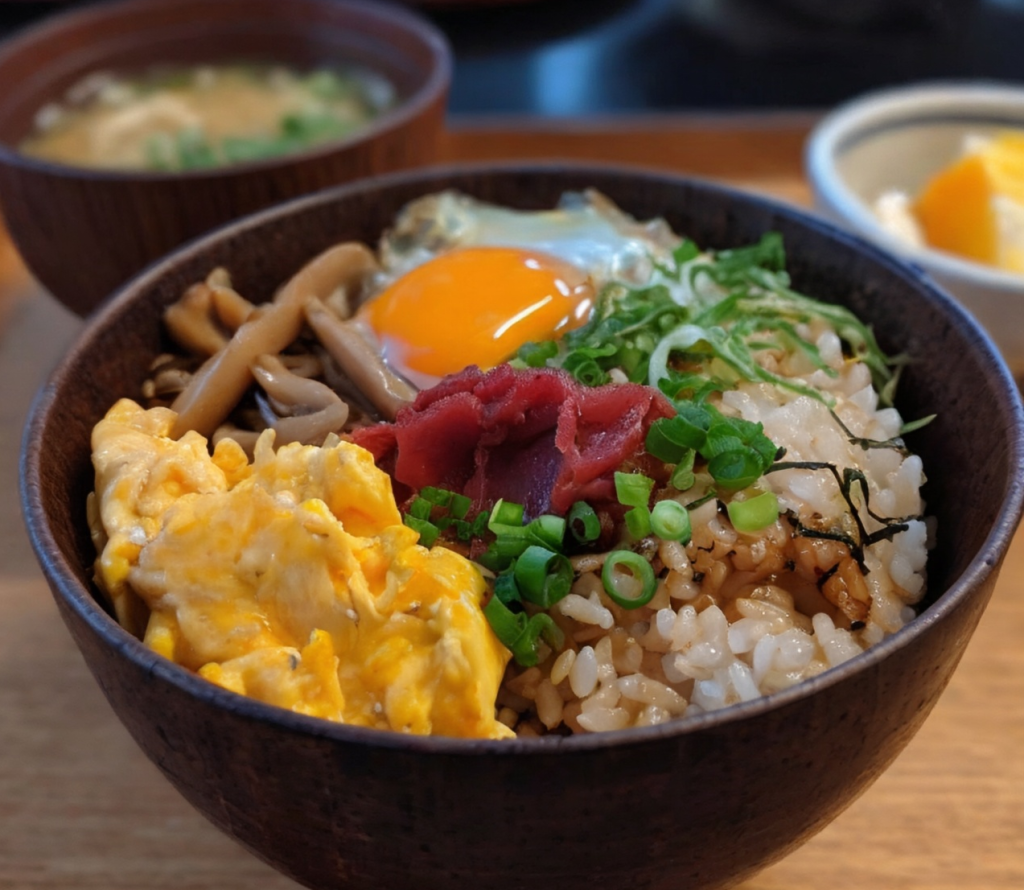
Short grain white rice or mixed grain rice provide lasting energy. Pair it with miso soup for a balanced breakfast. Rice has been the staple carb keeping Japanese people energized since wet rice cultivation began in 400 BC, allowing the civilization to grow and thrive over millennia.
7 Nori
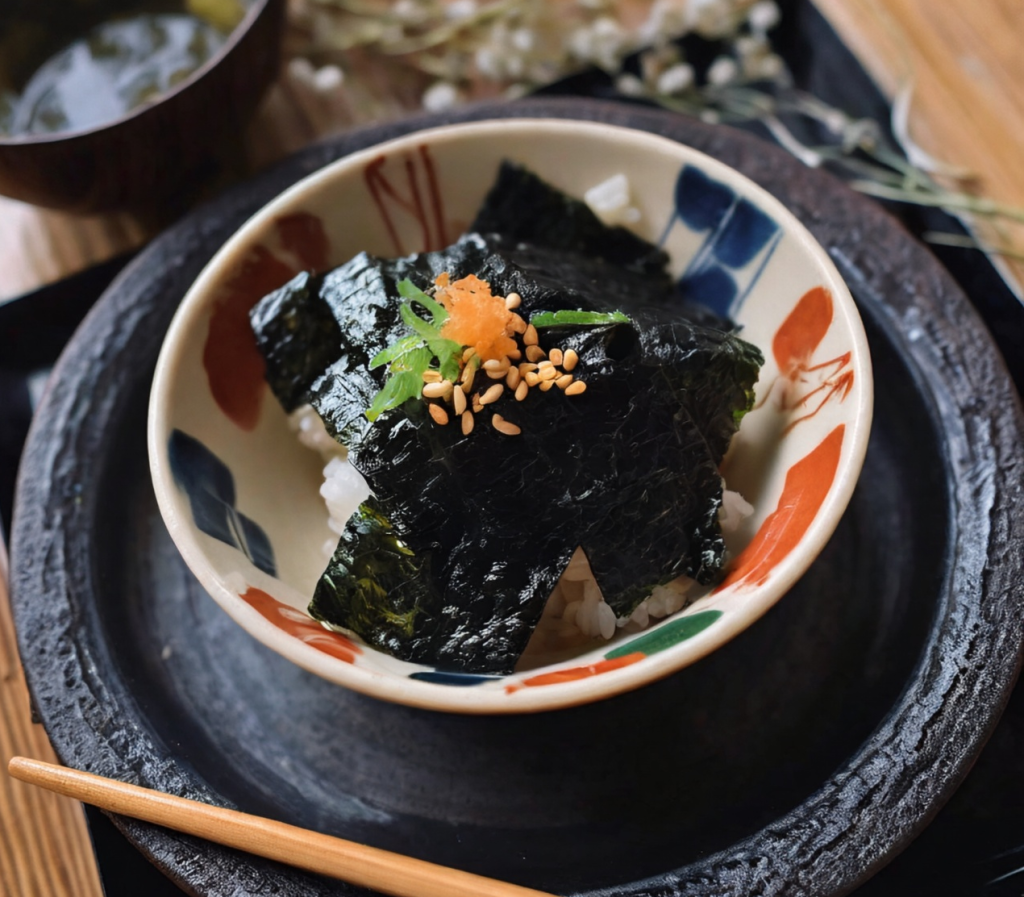
Toasted sheets of dried seaweed sprinkled on rice supply a variety of minerals like iodine and iron. Nori was first farmed by fishermen in Tokyo bay in 1750 who discovered hearty seaweed growing on ropes and nets. It quickly became a nutritious breakfast complement to rice across Japan.
8 Umeboshi (Salted Plum)

Salty pickled plums stimulate digestion and supply electrolytes like sodium and potassium. Ume trees first grew wild and were later cultivated for their fruit and medicinal blossoms. The pickled plums became known to increase vigor and were standard samurai gear for centuries.
9 Green Tea
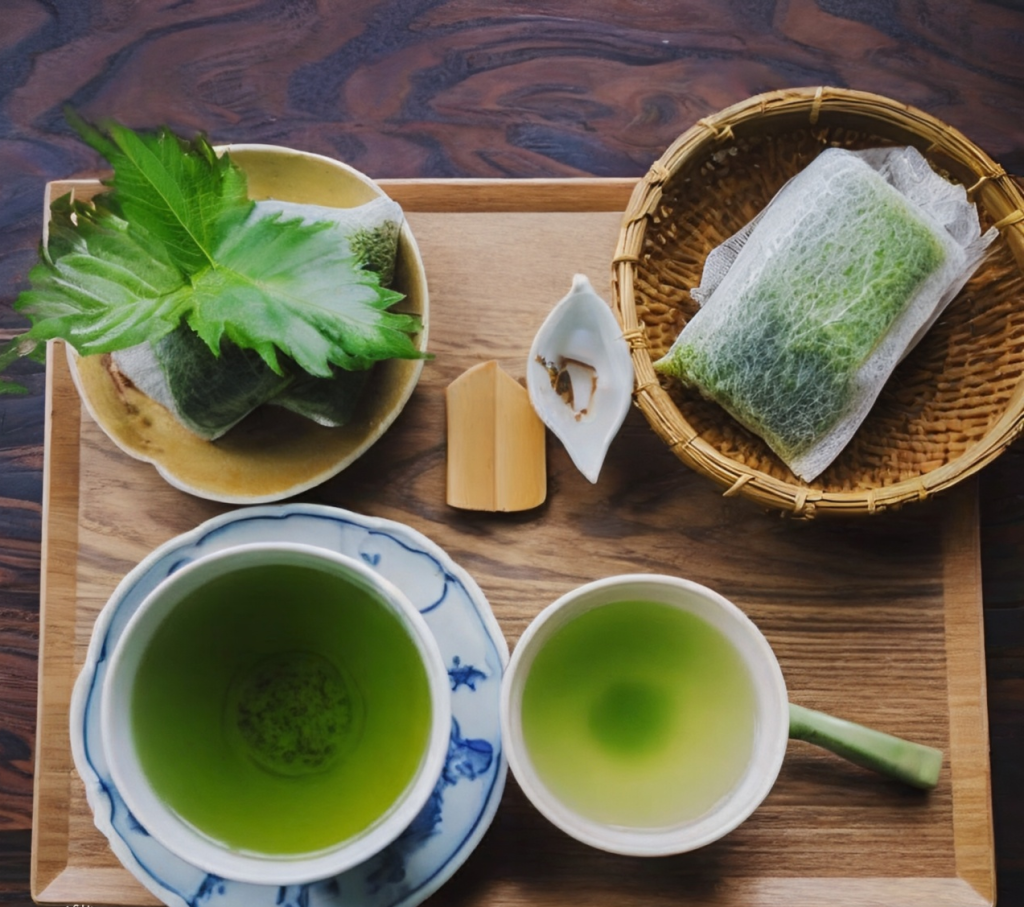
Sipping traditional steeped green tea has antioxidants that lower blood pressure and prevent disease. Buddhist priests brought tea seeds from China in the 1200s and Japan’s custom of drinking this healthy elixir elevated green tea to an art form practiced daily.
10 Ikura (Salmon Roe)
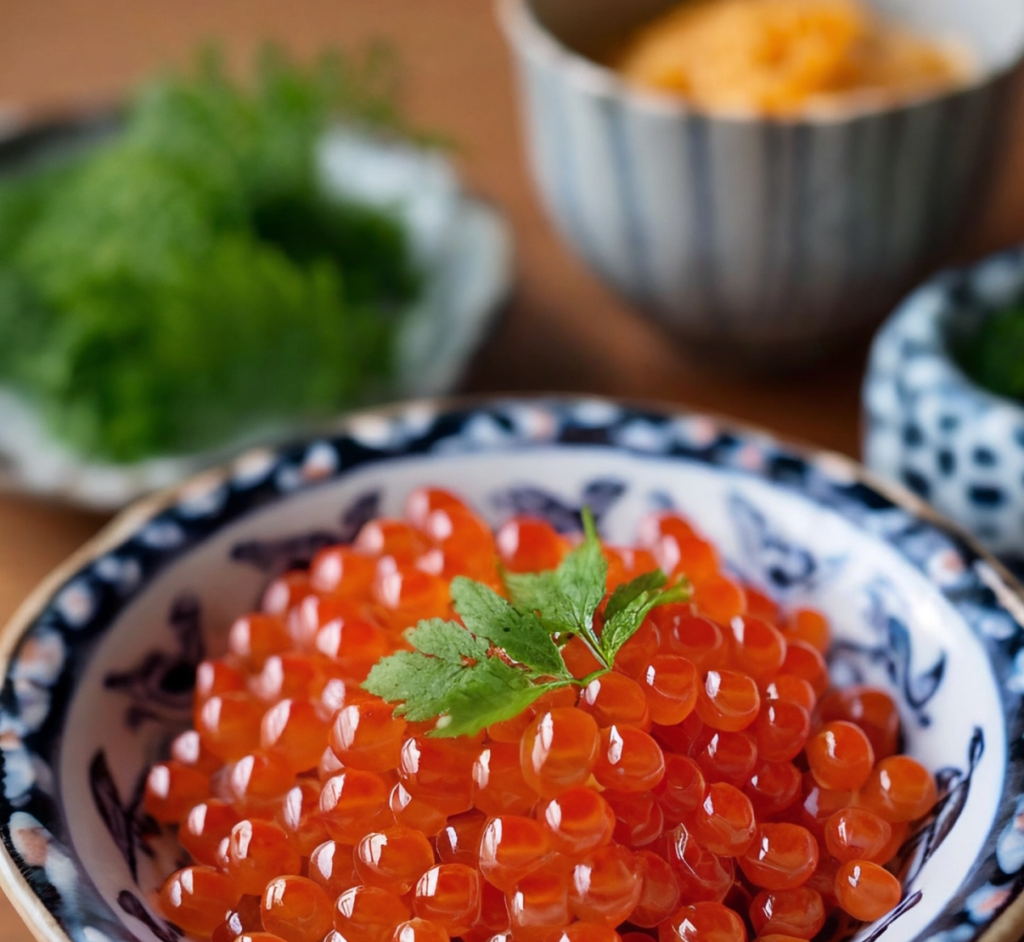
These bright orange salmon eggs served on rice offer nutrients like vitamin D, calcium, and anti-inflammatory omega-3s. After salmon aquaculture succeeded in the 1980s, ikura became widely available as the eggs last longer than fresh fish. The popping texture and burst of nutrients and flavonoids is said to delight aging Japanese tastebuds while protecting health.
The healthy fats, proteins, probiotics, vitamins, minerals, and antioxidants in these Japanese breakfast staples provide sustained energy and longevity evidenced by Japan’s 50,000 centenarians and world-highest life expectancy. Just as blue zones worldwide have superfoods anchoring local cuisines, Japan’s secret weapons may be found in the traditional breakfast eaten daily.